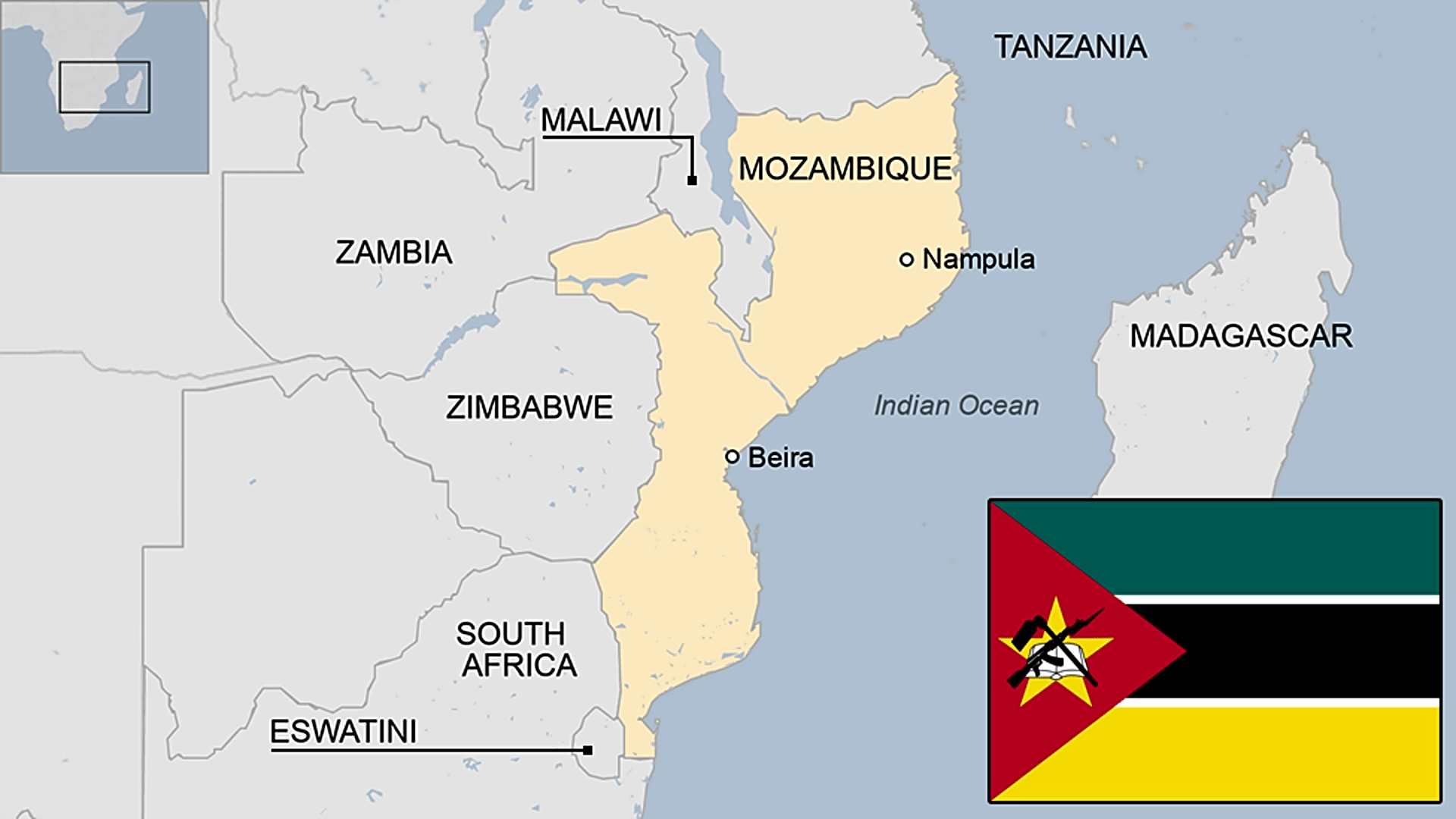The Forum on China-Africa Digital Cooperation concluded in Beijing with a keynote speech by Amr Talaat, Egypt’s Minister of Communications and Information Technology.
In his speech, Talaat outlined Egypt’s plans to improve Sino-African cooperation in the digital economy, highlighting the significance of putting national digital strategies into action to spur growth and development.
Notable people attended the event, including ministers and government representatives from several African nations, as well as Zhang Yunming, China’s vice minister of industry and information technology. There were also delegates from the Commission of the African Union in attendance.
Talaat emphasised the conversations that took place at the forum, covering ideas and plans for collaborating with China and other foreign partners to create a digital Africa. Taking note of the substantial technological advances over the last 20 years, he outlined the prospects for collaboration and the sharing of best practices. He said that these developments have shown how important information technology is to promoting economic growth, strengthening social safety nets, maintaining environmental sustainability, and raising living standards.
Talaat emphasised how critical it is for African nations to increase their digital collaboration. He presented Egypt’s digital strategy, which focusses on infrastructure provision, digital literacy, capacity building, digital innovation, and speeding up digital transformation throughout all Egyptian governorates. Its goal is to create a comprehensive IT ecosystem.
Talaat emphasised global collaborations by bringing up Egypt’s participation in the GovStack project, which is run by the ITU in collaboration with the Digital Impact Alliance and several nations. He also spoke about national government technology initiatives, like as the Government Digital Innovation Lab that helps small and medium-sized enterprises and the Digital Egypt platform that provides about 170 government services.
Egypt’s Government Digital Readiness Index ranking places it in the “A” group of nations due to its efforts. In addition, Talaat discussed the difficulties in attaining universal connectivity by 2030, pointing out that 40% of Africans have access to the internet, with notable differences between urban and rural areas.
He discussed the “Decent Life” project, which intends to expand mobile networks and internet infrastructure among other essential infrastructure development in Egypt’s least developed areas. The government’s view that digital accessibility is the foundation of a decent living in the twenty-first century includes this effort. Talaat reported that over the previous six years, the number of trainees in digital capacity-building programs has increased from 4,000 to 500,000 annually.
In a session titled “Developing Artificial Intelligence for Better Lives,” Heba Saleh, the chairperson of the Information Technology Institute, spoke about computers, upcoming innovations, AI, and empowering women and youth.
To strengthen Sino-African collaboration in the digital economy, China’s Ministry of Industry and Information Technology organised the China-Africa Digital collaboration Forum under the auspices of the Forum on China-Africa Cooperation (FOCAC). The forum’s main objectives are to share best practices and experiences in the areas of innovation, digital transformation, communications and IT, digital infrastructure and technologies, and capacity building.
The Ministry of Communications and Information Technology is a member of a working group on cooperation in communications and IT, in keeping with Egypt’s recent admission to the BRICS alliance. A ministry delegation met with China’s Ministry of Industry and Information Technology during the event to discuss potential areas of mutual cooperation within the BRICS framework.
During his tour to China, Talaat will also meet with representatives of top IT and communications businesses in Beijing and Shenzhen to talk about potential collaboration and investment opportunities.


